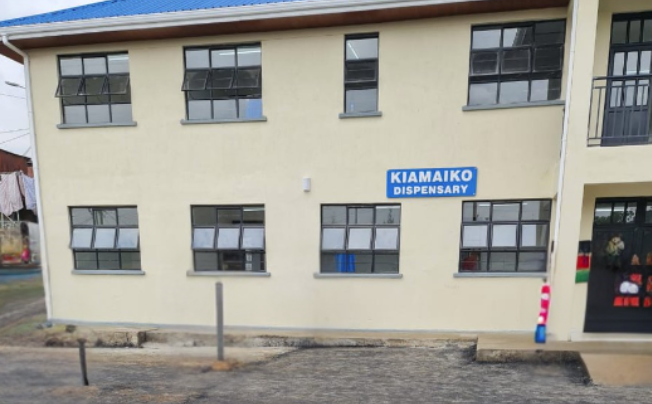Once regarded as a leading force in Kenya’s publishing industry, an institution that for decades provided profitable operations and opportunities for staff professional growth under the stewardship of former CEO Francis Menjo, the Jomo Kenyatta Foundation has in recent years suffered a marked decline in operational efficiency and financial stability, compelling employees to contend with prolonged delays in remuneration and an increasing burden of personal financial obligations, according to reports from sources within the foundation who have spoken to the challenges facing the organization.
The foundation’s decline, as described by staff familiar with its operations along Denis Pritt Road, Nairobi, can be traced to strategic decisions made over a decade ago, most notably the closure of regional Business Distribution Centres around 2007 and 2008, which eliminated crucial points of engagement with clients and communities, and the sale of the in-house printing press, a move that increased operational costs by compelling the organization to outsource printing while simultaneously weakening oversight of production processes.
Centralization of distribution and procurement procedures compounded operational inefficiencies, insiders report, leaving staff with constrained resources and diminishing the organization’s ability to maintain service standards and respond swiftly to market demands.
The transfer of leadership in 2021 to a new management team under Mr. David Mwaniki marked the onset of a period characterized by delayed salaries, incomplete remittance of employee loan deductions, and the suspension of medical benefits, resulting in growing arrears for staff and severe disruption to their personal and professional lives, according to employees who have remained within the organization and shared their experiences.
Many employees, as insiders indicate, have had to contend with prolonged financial uncertainty, which in some instances has led to resignations and early retirements, while the organization continued to struggle with declining revenue streams and an inability to stabilize its internal operations.
The reassignment of JKF’s mandate in 2023 to oversee the Elimu Scholarship program, following the cessation of its publishing activities, introduced a centralized procurement system for scholarships and associated resources, a development that insiders describe as accompanied by delays in distribution and management of contracts that were previously handled at a regional level, leaving suppliers overextended and certain beneficiaries without timely access to essential educational materials.
Compounding these operational difficulties, according to internal reports, is the prolonged tenure of the foundation’s provident fund trustees, whose mandates have lapsed without the convening of a new Annual General Meeting since 2019, and whose continued administration of employee funds has generated widespread dissatisfaction among staff members, who have been left with little recourse for addressing administrative deficiencies or resolving delays in fund management.
The combination of long-standing mismanagement, policy shifts, and administrative inertia has created an environment in which the foundation’s employees, who continue to deliver on their professional obligations, experience severe hardships, while the organization’s reputation and operational capacity have eroded over time, according to insider accounts.
Calls for intervention by the Public Service Commission, the Ministry of Education, and the Treasury, as conveyed by sources within the institution, have urged a reassessment of the leadership structure and financial oversight at JKF, with many advocating for the appointment of new management capable of restoring operational coherence, stabilizing employee remuneration, and reinstating the foundation’s credibility as a national institution tasked with supporting education and scholarship programs.
Below is what insiders describe as the chain of events and decisions that have cumulatively undermined the operational and financial stability of the Jomo Kenyatta Foundation, from the closure of regional Business Distribution Centres and the sale of the in-house printing press to the centralization of procurement and distribution systems, each step, according to sources within the institution, contributing to inefficiencies, delayed staff remuneration, and increasing operational strain.
